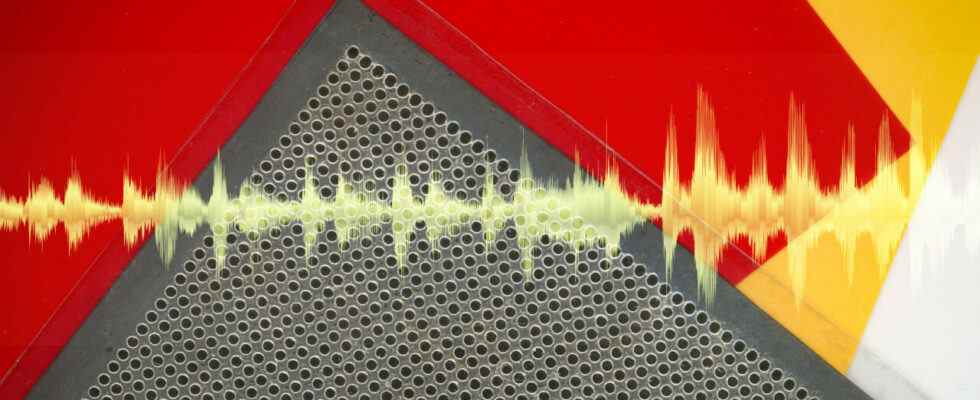Scientists have started to produce a super thin and light speaker in the latest development in audio technology. Speakers, which make great improvements in sound technology at certain intervals, will now cover the walls in the house. The speaker, which is simulated as a wallpaper, will also have other additional functions. So what are the details of the product? Let’s take a look at the details of the news together.
The walls of the house will turn into giant speakers!
Scientists will turn the walls of the house into a giant speaker with their new product. The most important feature of the new speakers is that they are in wallpaper format. That is, the products It will be super thin and light enough to stick to many places.

Wallpaper speakers will also trap the sound inside the house and prevent the sound from coming out. In addition, devices that will prevent the outside sound from coming into the house will save users from noise pollution. So in short The wallpaper speaker will also provide sound insulation to the area where it is located, as well as high sound technology.
Devices that will work with high technology will use a very small part of the energy used by classical speakers. Despite this, it will provide minimal distortion in the sounds it transmits. The devices, which will be in the size of an average human hand, can be used by sticking to any surface.
The speakers will be able to provide active noise cancellation when operating in noisy environments. In other words, the speaker will destroy both sounds in an environment where there are two sounds. However, it will provide sound continuity by providing three-dimensional sound in open spaces. Despite their small size, the speakers small and frequent It will vibrate thanks to its diaphragms.
What do you, our readers, think about this issue? You can express your thoughts in the Comments section or on the SDN Forum.

 shiftdelete.net
shiftdelete.net